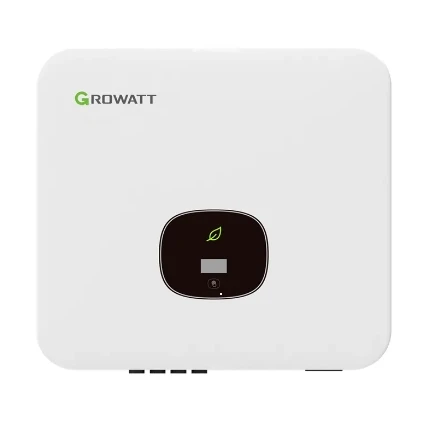Comprehensive Guide to Hybrid Inverter Installation and Operation
Understanding Hybrid Inverter Systems A Comprehensive Guide
In recent years, renewable energy solutions have gained increasing popularity, particularly with the rise of solar power systems. Among these solutions, hybrid inverters have emerged as a pivotal technology, facilitating the efficient integration of solar energy, battery storage, and the traditional power grid. This article explores the functionalities, benefits, and important considerations related to hybrid inverters, drawing information from various hybrid inverter manuals and guides.
What is a Hybrid Inverter?
A hybrid inverter is a versatile device that manages energy from multiple sources solar panels, batteries, and the electrical grid. Unlike traditional inverters which only convert DC electricity generated by solar panels into AC electricity suitable for household use, hybrid inverters can also manage energy storage systems like batteries. This enables homeowners to store excess solar energy for later use, enhancing energy independence and resilience against grid outages.
Key Features of Hybrid Inverters
1. Energy Management Hybrid inverters intelligently manage the flow of electricity, ensuring that energy is used efficiently. They can prioritize solar energy usage, drawing from the grid or battery only when necessary, thereby reducing electricity costs.
2. Battery Integration One of the standout features of hybrid inverters is their ability to work seamlessly with battery systems. This allows users to charge their batteries using excess solar energy and utilize stored energy during peak hours when electricity rates are higher.
3. Grid Support Hybrid inverters can feed excess power back into the grid, allowing users to benefit from net metering policies where available. This contributes to overall grid stability, especially during peak demand periods.
4. Backup Power Many hybrid inverters come equipped with backup power capabilities, ensuring that essential appliances remain operational during power outages by drawing energy from batteries.
Benefits of Hybrid Inverters
1. Cost Savings By maximizing the use of solar energy and reducing reliance on grid power, hybrid inverters can significantly lower electricity bills. Moreover, the ability to store energy for later use leads to added financial savings.
hybrid inverter manual

2. Environmental Impact Utilizing solar energy reduces reliance on fossil fuels, contributing to a decrease in carbon emissions. Hybrid inverters thus play a significant role in promoting a sustainable energy future.
3. Flexibility and Scalability Hybrid inverter systems can be customized to meet specific energy needs, making them suitable for various applications, from residential to commercial settings. They can be easily scaled up by adding more solar panels or battery capacity as energy demands grow.
Considerations When Choosing a Hybrid Inverter
When selecting a hybrid inverter, several factors should be taken into account to ensure optimal performance and compatibility with your energy needs
1. System Size Choose a hybrid inverter that matches your solar panel and battery capacity. It is crucial to assess your energy consumption patterns and future expansion plans.
2. Efficiency Ratings Look for high-efficiency inverters to maximize energy conversion and minimize losses. Checking the manufacturer’s data, such as European or CEC efficiency ratings, can provide insight into performance.
3. Warranty and Support A reputable manufacturer should provide a solid warranty and reliable technical support. Inverters are a long-term investment, so it's essential to have peace of mind regarding service and maintenance.
4. Regulatory Compliance Ensure that the hybrid inverter complies with local regulations and electrical codes. This includes checking if it meets safety standards and compatibility with existing grid infrastructure.
Conclusion
Hybrid inverters revolutionize the way we utilize solar energy by integrating battery storage and grid connectivity, making them an essential component of modern energy systems. By understanding their features, benefits, and the key factors to consider, consumers can make informed decisions to enhance their energy efficiency and sustainability. As technology continues to evolve, hybrid inverters will play an increasingly significant role in the transition toward a cleaner and more resilient energy future.
-
Unlocking Energy Freedom with the Off Grid Solar InverterNewsJun.06,2025
-
Unlock More Solar Power with a High-Efficiency Bifacial Solar PanelNewsJun.06,2025
-
Power Your Future with High-Efficiency Monocrystalline Solar PanelsNewsJun.06,2025
-
Next-Gen Solar Power Starts with Micro Solar InvertersNewsJun.06,2025
-
Harnessing Peak Efficiency with the On Grid Solar InverterNewsJun.06,2025
-
Discover Unmatched Efficiency with the Latest String Solar InverterNewsJun.06,2025







